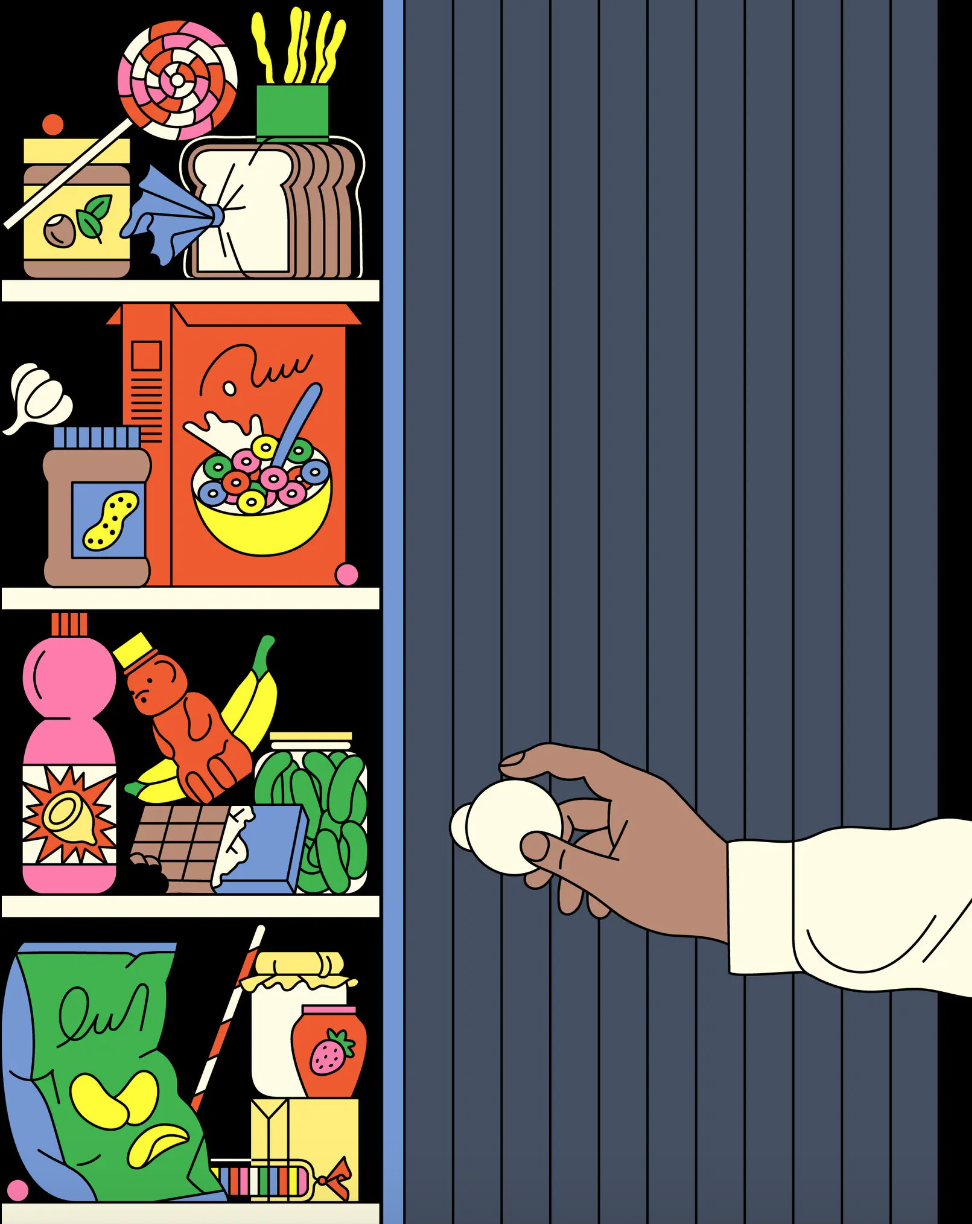Responding to “The Most Common Eating Disorder in the U.S. Is Also the Least Understood”

A couple months ago, Dani Blum, with The New York Times, wrote this article on binge eating disorder myths.
I love her commentary on the pervasiveness of binge eating disorders and some of the myths that surround this type of eating disorder.
As a young clinician two decades ago, binge eating disorder (BED) was hardly discussed, especially within higher levels of care like residential treatment. The primary focus was almost exclusively on anorexia nervosa (AN) and bulimia nervosa (BN) care.
This leads to many binge eating disorder myths that encourage stigma surrounding the diagnosis.
In fact, the previous version of the Diagnostic and Statistical Manual only mentioned BED in its appendix for further study, which created significant challenges for patients to utilize their insurance benefits to cover the cost of treatment.
Even now, within the complex world of eating disorder treatment, individuals with BED often face additional hurdles in accessing care.
How Binge Eating Disorder Myths Prevent Necessary Care
The prevailing stigma around eating disorders perpetuates the misconception that eating disorders are just a fad, or that they only affect young thin women who restrict intake. This stigma means that individuals presenting with BED symptoms can easily be overlooked or dismissed even though the data suggests BED affects more people than both AN and BN combined.
It’s paramount to recognize that BED is a clinical diagnosis that can profoundly impair an individual’s mental/physical health, occupational functioning, and interpersonal relationships. BED is not merely a matter of lacking discipline or willpower, contrary to popular binge eating disorder myths.
The Realities Of A Binge Eating Disorder
An integral aspect of BED is the experience of a loss of control or dissociation during the episode–clients have explained it to me as feeling like someone else has taken over their body. Dismissing such experiences as mere discipline issues further stigmatizes the disorder and discourages individuals from seeking professional help.
BED is a serious and progressive condition that requires treatment by professionals that specialize in eating disorder care. Recovery is absolutely possible, but it requires professionals to recognize the symptoms and to create an environment that allows individuals to come forward to seek help.
About The Author
